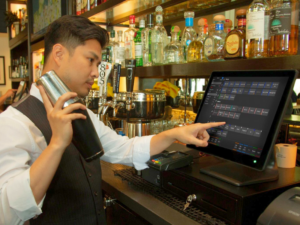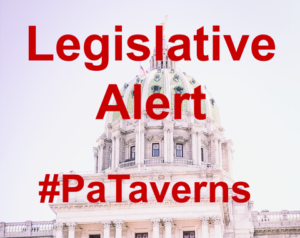by Vince Mayer, Loss Control Specialist
Illinois Casualty Company
Many business owners believe that putting up decorations will create a warm and inviting atmosphere that will draw in customers and increase profits throughout the holiday season. Until the 19th Century, it was customary to attach small candles to tree branches with pins or melted wax. Thankfully, this tradition (and extreme fire hazard) is no longer popular. There are still a number of risks that come with putting up lights, garland, trees, and inflatable decorations in and around your business. Here are a few tips to help you decorate safely this year and decrease your risk of electrical fires.
- Plan ahead for a safe holiday season – make one person responsible for overseeing the decorating at your business.
- Most cities do not allow the use of real trees, wreaths, or decorations made from them to be used inside commercial buildings because of their extreme fire hazard. Likewise, electric lights should not be placed on metal trees as there could be a potential shock hazard. Check with your local authorities on their requirements before starting your decorating.
- Check all lighting cords and light sockets for any damaged or frayed wires and/or broken or damaged light sockets and discard them.
- Check all lights and decorations to see if they are approved for outdoor use or indoor use only. If you are purchasing new lights or decorations, make sure they are UL approved. Never use interior type items outdoors.
- Keep use of extension cords to a minimum and only use the appropriate listed extension cords for exterior use.
- Follow the instructions on connecting consecutive lighting sets to avoid exceeding the maximum allowed.
- Do not plug all of your decorations into the same outlet to avoid overloading the circuit.
- Turn off or unplug lights and decorations when they are not in use.
- Keep all cords off floors and walkways where possible. Walking on cords breaks down the insulation on the wires leading to short circuits and potential fires. Never tape cords to floors or hide under carpets or mats. Do not run cords across sidewalks or steps to prevent tripping.
- Never run cords through doorways or windows where the cords can be pinched, as this can significantly damage the cords and may lead to fires.
- All decorations should be kept away from any heat sources and must not block or cover any exit signage or emergency lighting. Keep exits and stairways clear at all times.
Have a safe and happy holiday season!
Editor’s Note. Illinois Casualty Company is the exclusive preferred vendor for businessowners and liquor liability insurance for the Pennsylvania Licensed Beverage and Tavern Association. Qualifying Members can save up to 10% on their businessowners and liquor liability insurance. To locate an ICC agent in your area, visit www.ilcasco.com.















